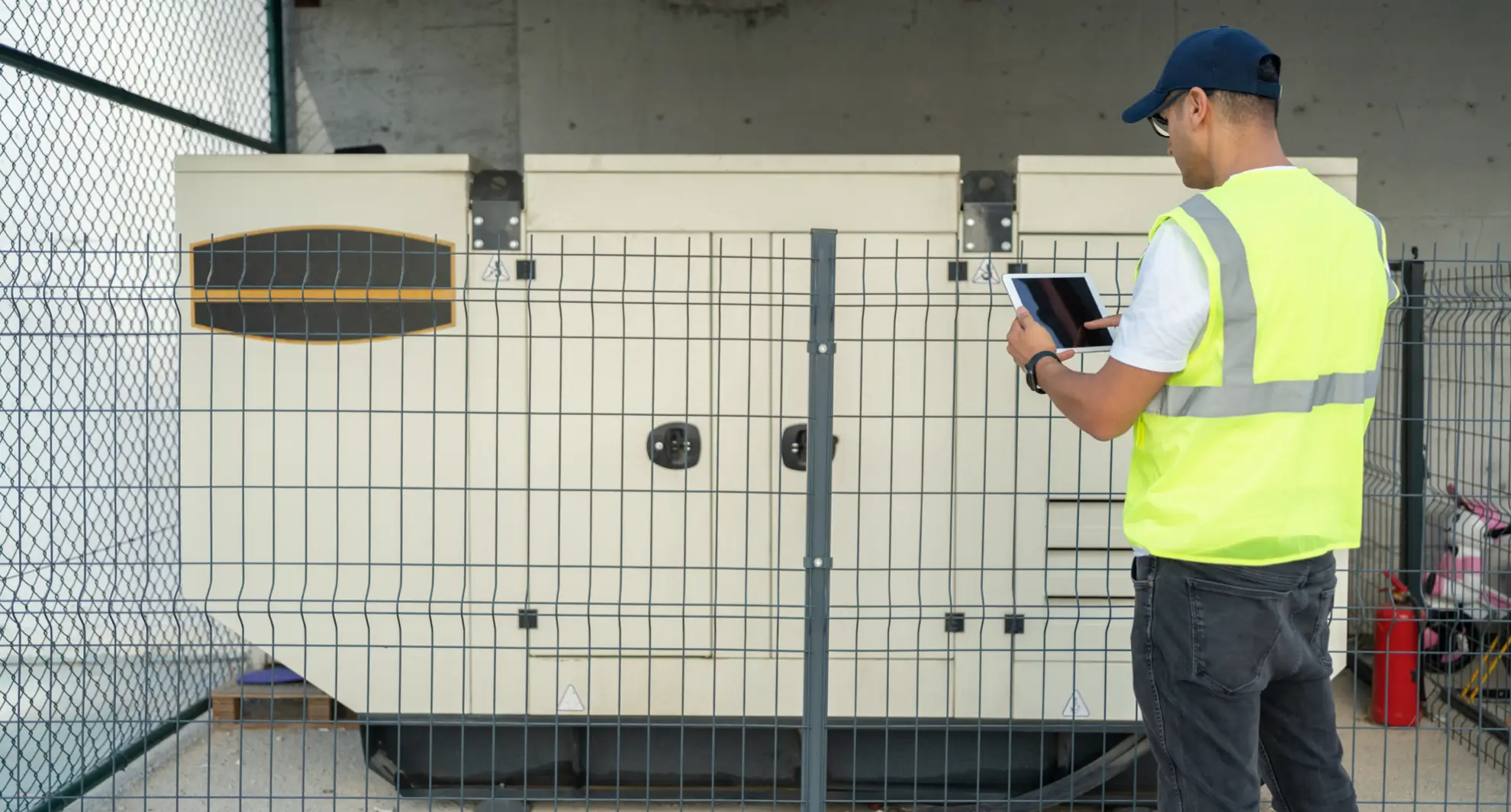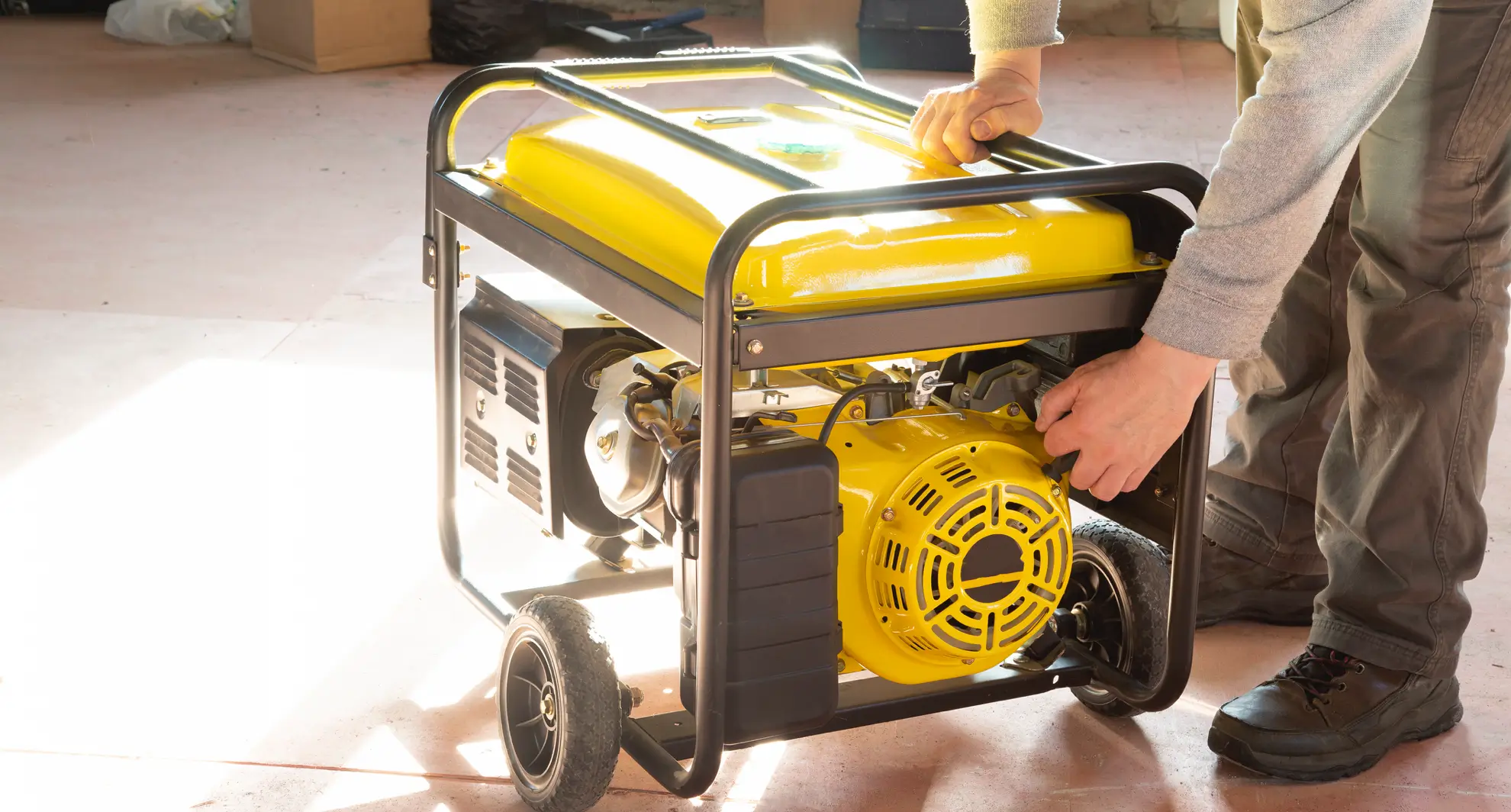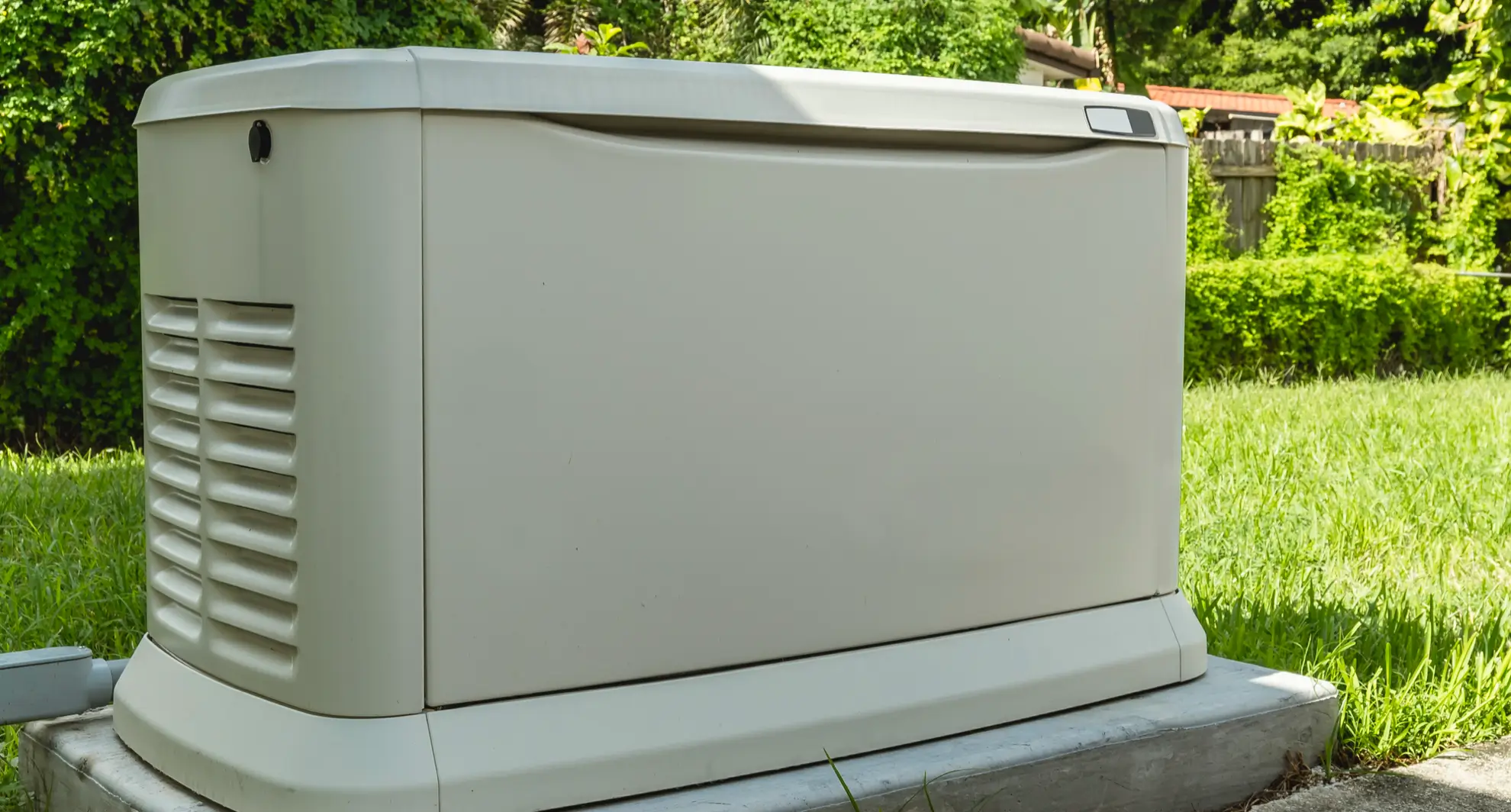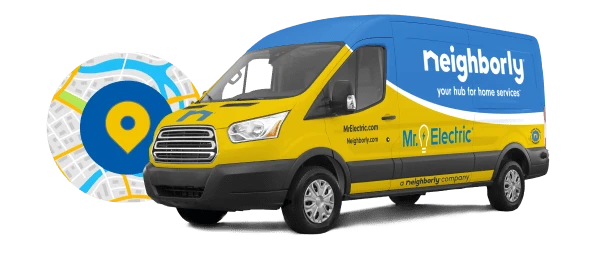
The power goes out, and everything stops. For a business, that's not just inconvenient. It's expensive. Commercial generators keep the lights on, the servers up, and the money moving in case of a power outage. But a reliable setup takes more than picking something off the shelf. This guide breaks down what business owners need to know about commercial generator installation, from choosing the right model to making sure it's ready when it counts.
Why Backup Power Matters for Businesses
A power outage means stopped transactions, disrupted workflows, and it opens the door to serious damage. Every time the power drops, you’re risking:
- Revenue: No electricity means no sales.
- Data access: Systems go down, and with them, your records.
- Security: Alarm systems, surveillance, and electronic locks stop working.
- Reputation: Customers lose confidence in your reliability.
- Equipment health: Sensitive machines don't handle hard shutdowns well.
A commercial generator keeps your operation moving during an outage and limits the fallout. That said, not every business needs the same kind of power backup. Some need something that kicks in automatically. Others just want a safety net they can roll out when needed. Knowing the difference matters before you start spending.
Types of Commercial Generators
Understanding the types of commercial generators keeps you from overspending or underpowering and allows you to find the right fit for your business.
Standby Generators
These are the heavy hitters. Permanently installed, automatic start, and wired into your building's electrical system. Perfect for hospitals, data centers, and any business that can't afford even a minute of downtime.
Portable Generators
These units are mobile and manually operated. They work best for small businesses that only need to keep a few essentials running or for temporary job sites like construction projects.
Towable Generators
Built for mobility but with much higher output than basic portables. Commonly used in large-scale field operations, events, or temporary business locations.
Inverter Generators
Quieter, cleaner, and more fuel-efficient. Inverter generators are ideal for sensitive electronics and smaller applications. Think boutique retail, pop-up locations, and remote office setups.

How to Choose a Commercial Generator
Choosing a generator without a plan is how businesses end up with the wrong size generator, wrong fuel, and unexpected costs. Picking out the right generator for your commercial setting is not a universal decision—what works for a small law office won't cut it for a grocery store with walk-in freezers. If you're figuring out how to choose a commercial generator, focus on the performance, compliance, and long-term costs.
Power load requirements
What do you actually need to keep running? HVAC, refrigeration, lights, servers, security systems? Add it all up—literally. Undershooting leads to overloads. Overshooting burns fuel for no reason.
Fuel type
Diesel, natural gas, propane—each one affects installation cost, runtime, emissions, and fuel access during an outage. Pick your generator based on what's readily available and practical for your location.
Usage frequency
A unit that runs weekly needs different specs than one that sits idle until a storm rolls in. Look for features and build quality that match your expected use to keep your business running.
Installation site conditions
Where's it going? Indoors or out? Do you need noise control? Is there enough ventilation, clearance, and even security?
Local codes and regulations
Some areas have noise restrictions, emissions rules, and permitting headaches. A professional installer can help you avoid fines and rework.
Advanced Features and Smart Controls
Modern commercial generators do more than just kick on when the lights go out. If you're investing in backup power, it makes sense to go for features that improve reliability and visibility.
Automatic transfer switch
Detect outages and transfers your load to generator power instantly—no manual switch, no downtime.
Remote monitoring
Access real-time data and alerts from a phone, tablet, or control center. Useful for businesses that can't babysit the system in person.
Load management
Prioritize what gets power first. Critical systems stay online, while non-essentials wait their turn.
Self-diagnostics
The generator runs its own health checks and flags potential issues early, before they become emergencies.
Low-emissions mode
In areas with tight environmental rules, some units adjust output to meet air quality standards without affecting uptime.
For most businesses, these features save time, cut down on manual checks, and give you more control when it matters. If uptime and oversight are high on your list, smart features are essential.
Industry Use Cases
Different businesses rely on power in different ways. A universal generator setup doesn't exist, and trying to force one usually ends with wasted money or unplanned outages. Here's how various industries approach backup power based on what's at stake.
Who uses commercial generators—and why
You can find generators in use in these settings:
- Data centers: Downtime means lost data, angry clients, and breach risks. Generators must support heavy loads, automatic failover, and round-the-clock uptime—no excuses.
- Healthcare facilities: Hospitals and clinics don't get to "wait it out." Life-support systems, refrigeration for meds, and patient monitoring require instant and reliable power, full stop.
- Restaurants and grocery stores: Spoiled inventory is money in the trash. Backup systems need to keep refrigeration, POS systems, lighting, and ventilation running with no lag.
- Manufacturing and warehouses: Machines, conveyors, lighting, and HVAC systems keep production lines moving. Even a short blackout can back up schedules and damage raw materials.
- Retail and office buildings: Lighting, elevators, security systems, and internet access are non-negotiable. If the building can't operate, the business grinds to a halt.
- Construction sites: Often located far from permanent infrastructure. Portable or towable generators serve as the main power source for tools, lighting, and safety systems.
Match the generator to the risk
Each use case calls for a different setup. A solid plan takes your specific risk profile into account—not just wattage, but the way your business actually runs day to day.
Commercial Generator Installation: What to Expect
Installing a generator takes more than just dropping a big machine next to your building. It's a project that ties into electrical, mechanical, and often municipal systems.
Site assessment
A professional electrician inspects your location, checks load needs, and figures out where the unit should go, taking into account ventilation, code compliance, and accessibility.
Permitting and approvals
Most commercial generator installations need local permits. Some also involve utility company coordination. It's paperwork-heavy, but it keeps you on the right side of the law.
Concrete pad and placement
Permanent units need a stable base. That often means pouring a concrete pad to anchor the system. Portable setups skip this step but still require secure positioning.
Wiring and transfer switches
The generator connects to your electrical panel via a transfer switch, which controls when and how the backup power kicks in. Automatic transfer switches (ATS) flip on the generator within seconds of a blackout---no manual startup needed.
Startup and testing
Once it's wired and fueled, the team tests the system under load. They walk you through operation, maintenance basics, and what to expect during a real outage.
Why professional installation pays off
Installing a commercial generator isn't the kind of thing you want to DIY or hand off to a general contractor without experience. Poor installation risks damage to your electrical system, voided warranties, and, worst of all, failure when you need power the most.

Commercial Generator Maintenance Basics
A generator that sits untouched for months isn't a backup plan. It's a liability. If you want it to fire up without hesitation during a blackout, you must maintain your generator like any other mission-critical system. Here's what a solid maintenance plan should cover:
Routine testing
Monthly or biweekly test runs make sure the system still starts, runs smoothly, and handles load without issue.
Fluid checks
Oil, coolant, and fuel levels need to stay within range. Low or contaminated fluids are one of the fastest ways to kill an engine.
Battery inspection
Dead battery = dead generator. Terminals need cleaning, voltage should be tested, and old batteries need scheduled replacement.
Filter replacement
Air and fuel filters don't last forever. Dirty filters choke performance and can cause failures during extended use.
General inspection
Look for signs of corrosion, wear, leaks, or rodents (yes, they love warm engine compartments).
How often should you schedule generator maintenance service?
That depends on usage, fuel type, and environment. Some businesses need monthly check-ins. Others can stick to quarterly or semi-annual schedules.
Regular professional commercial generator maintenance adds real value, protecting your investment and avoiding the kind of failure that turns into a headline.
Get Power You Can Count On—No Surprises, No Shortcuts
The $6.4 billion U.S. generator market is serious business. Mr. Electric provides commercial generator installation that keeps your business online when everything else goes dark. Plus, we back all our work with the Neighborly Done Right Promise®. Get expert recommendations, seamless setup, and support that doesn't disappear after the install. Schedule your consultation today.
This article is intended for general guidance only and is not applicable to every situation. You are responsible for determining the proper course of action for your property and situation. Mr. Electric is not responsible for any damages that occur as a result of advice and/or guidance derived from its blog content.
Some Mr. Electric services vary by location. Contact your local Mr. Electric franchise for more information.
FAQs About Commercial Generators
The safety of your business, customers, and staff are the top priority of every Mr. Electric service professional. Our safety-first commitment to solving your electrical issues includes a meticulous attention to detail on every job. Our commitment also includes using our years of experience to answer your questions. Below are answers to some of the most frequently asked questions about commercial generator installation.
How long does a commercial generator last?
With regular maintenance, most commercial generators last 20,000 to 30,000 hours of runtime. For a business using it during outages and testing it monthly, that usually translates to 20 to 30 years. Quality installation and consistent upkeep are what make the difference.
Can a generator power my entire building?
Yes, if it's sized correctly. A full-building setup requires a generator that can handle your peak load plus a margin for startup surges. Some businesses choose to only power critical systems to keep costs and fuel use lower.
Do I need a transfer switch for my commercial generator?
Absolutely. A transfer switch keeps your system safe and compliant. It separates utility and generator power so they don't backfeed into each other. For commercial setups, automatic transfer switches (ATS) are the standard.
What happens if my generator sits unused for months?
It might not start when you need it. Long periods without testing or fuel conditioning can lead to battery failure, fluid breakdown, or gummed-up components. Monthly testing and scheduled maintenance keep the system ready.

